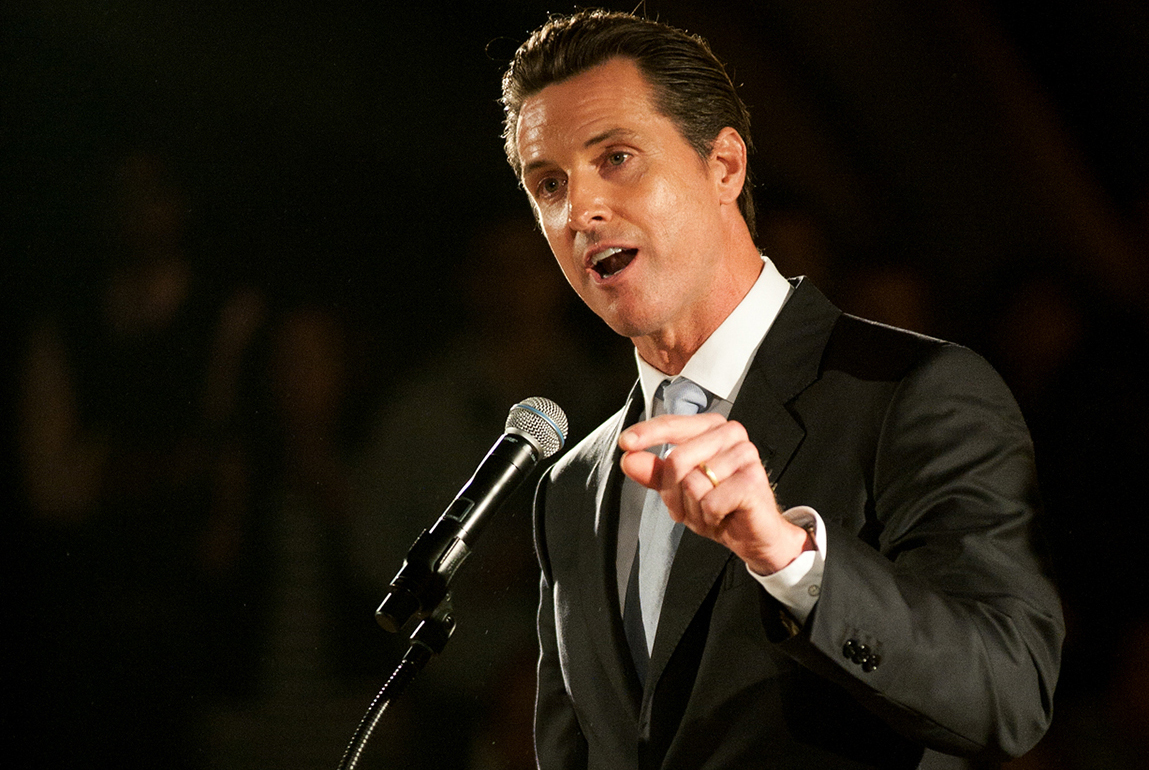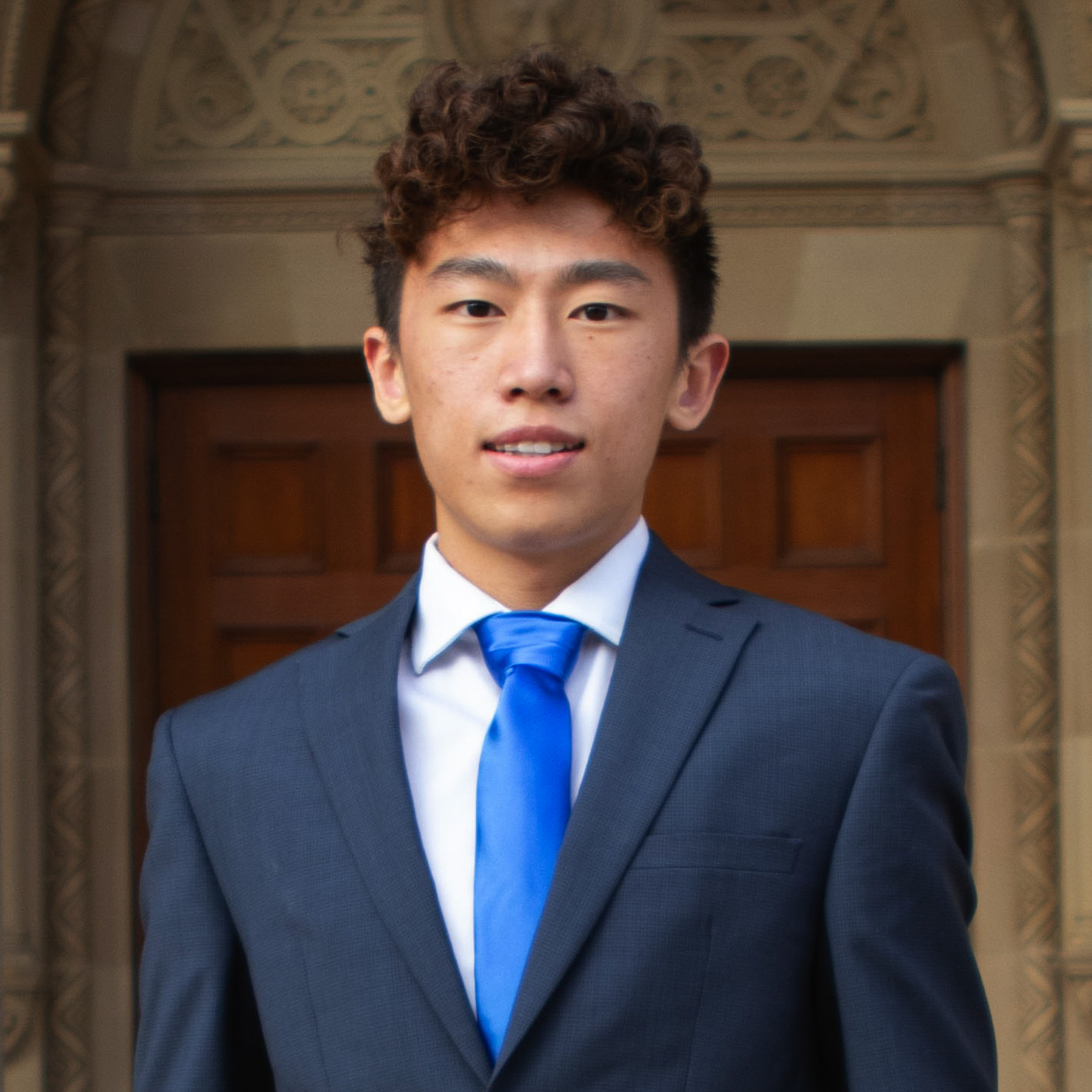UC set to receive over $200M increase in state funding for operating budget

The University of California may receive $217.7 million in additional funding for its operating budget, according to Gov. Gavin Newsom’s proposed budget for the 2020-2021 fiscal year. (Daily Bruin file photo)

By Genesis Qu
Jan. 31, 2020 1:08 a.m.
This post was updated Feb. 8 at 7:59 p.m.
The University of California may receive more than $200 million in additional funding next year, according to the state’s proposed budget.
California Gov. Gavin Newsom unveiled his 2020-2021 budget for the state Jan. 10. The plan includes an increase of $217.7 million for the UC’s operating budget.
The 5% increase, combined with an 6.9% increase in the UC’s budget last year, would lead to one of the largest increases in a 24 month period, Newsom said in his presentation of the budget.
Ozan Jaquette, an associate professor of education at UCLA, said educational appropriations under the Newsom administration have differed significantly from those under former Gov. Jerry Brown’s administration.
Jaquette said the diminished funding under previous administrations was due to a mixture of bad economic performance and the need for a balanced budget.
After the 2008 recession, states decreased their funding for higher education across the board, Jaquette said. However, even after the recession, funding for higher education did not pick up. Since the focus of the legislature had shifted from higher education toward other institutions such as K-12 and Medicaid, he added.
This decrease in higher education funding is reflective of a larger national pattern, said Alexander Astin, a professor at the Graduate School of Education and Information Studies. As a result, universities have shifted their primary source of funding away from state appropriations and toward private fundraising and tuition revenues.
Since the UC received less funding than initially requested, the UC Board of Regents announced it would be voting on a tuition increase at its January meeting. However, the vote was postponed before to the meeting, after students criticized the lack of prior notice.
The UC’s growing reliance on private funds has led to bias against certain programs, such as the humanities, which do not attract a substantial amount of attention and investments, Astin added.
“There’s always humanities, which get the short end of the funding stick,” he said. “Fundraising for humanities is tough. Administrators need to pay a lot of attention to that because humanities are really the basis for university education.”
Thus, the increase in funding for next year is welcome news to higher education leaders in California and demonstrates the Newsom administration’s commitment to higher education, Jaquette said.
“They are putting their money where their mouths are,” Jaquette said. “These are substantial increases, and I think that most states are not making increases at this level.”
However, how the UC appropriates the money will be under the discretion of the UC Office of the President, Jaquette said.
The UC said in a press release that the new budget would help the University expand its research programs and promote accessibility and affordability for its students.
As many states continue to maintain stringent budgets, Astin said he thinks they should not lose focus on higher education.
“I think what the state authorities need to recognize is that the economy of the state and the state’s ability to attract businesses and industries is highly dependent on maintaining a powerful university system,” Astin said.


